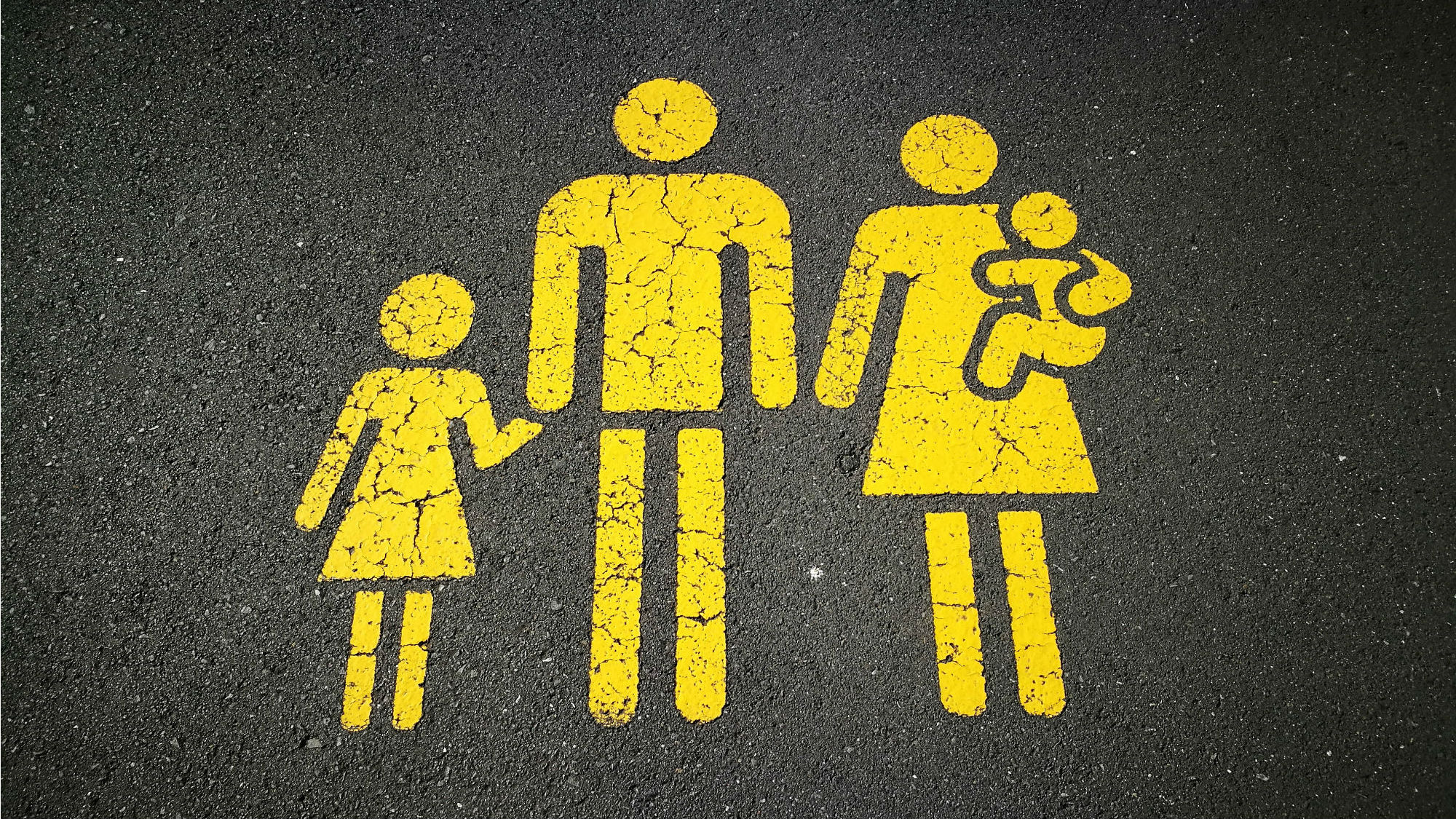Lockdown reinforces gender inequality and traditional roles
Experts fear the Covid-19 crisis could set women back decades, as workplace equality is at risk post-lockdown

Celebrity news, beauty, fashion advice, and fascinating features, delivered straight to your inbox!
You are now subscribed
Your newsletter sign-up was successful
Experts fear the Covid-19 crisis could set women back decades, as workplace equality is at risk post-lockdown
For decades, women have seen the growth of equality in the workplace - but now research shows coronavirus lockdowns are reinforcing gender inequality, and threatening to undo all the progress that has been made.
Since lockdown, women have temporarily resumed traditional gender roles - from homeschooling to extra cooking - but campaign groups are warning women across Europe are at risk of being pushed back into traditional roles for good.
Experts suggest two main reasons for this: firstly, struggling to shake off the role once it is over, and secondly, because females are losing jobs in greater numbers than men, and therefore have no role to return to.
The Institute for Fiscal Studies and the UCL Institute of Education found that mothers were 47 per cent more likely to have permanently lost their job or quit, and 14 per cent were more likely to have been furloughed since the start of the crisis. A study revealed how women will be among those most affected economically as they are employed in sectors that have shut down - such as restaurants, shops, hotels and retailers.
Sam Smethers, the chief executive of the Fawcett Society, told The Guardian: 'In my view, women’s workplace equality will have been set back decades by this crisis unless government intervenes to avert it.
'We’re looking at the prospect of a two-tier workplace where men go back and women stay home. It’s taken us 20 years to get this far on female participation in the workforce, but it could take only months to unravel.'
Celebrity news, beauty, fashion advice, and fascinating features, delivered straight to your inbox!
If you think about the easing up on lockdowns - what has been the priority? Seemingly economic considerations (car sales rooms opening, for example) rather than childcare.
That said, a shift to flexible work patterns could create a more equal playing field for some working parents. It's important we campaign for this and fight against gender inequality when we return to life after lockdown, as working mothers have long faced scrutiny and judgement for requesting flexible working hours. Now they are able to show they are still just as productive and effective.
Olivia – who rebranded as Liv a few years ago – is a freelance digital writer at Marie Claire UK. She recently swapped guaranteed sunshine and a tax-free salary in Dubai for London’s constant cloud and overpriced public transport. During her time in the Middle East, Olivia worked for international titles including Cosmopolitan, HELLO! and Grazia. She transitioned from celebrity weekly magazine new! in London, where she worked as the publication’s Fitness & Food editor. Unsurprisingly, she likes fitness and food, and also enjoys hoarding beauty products and recycling.